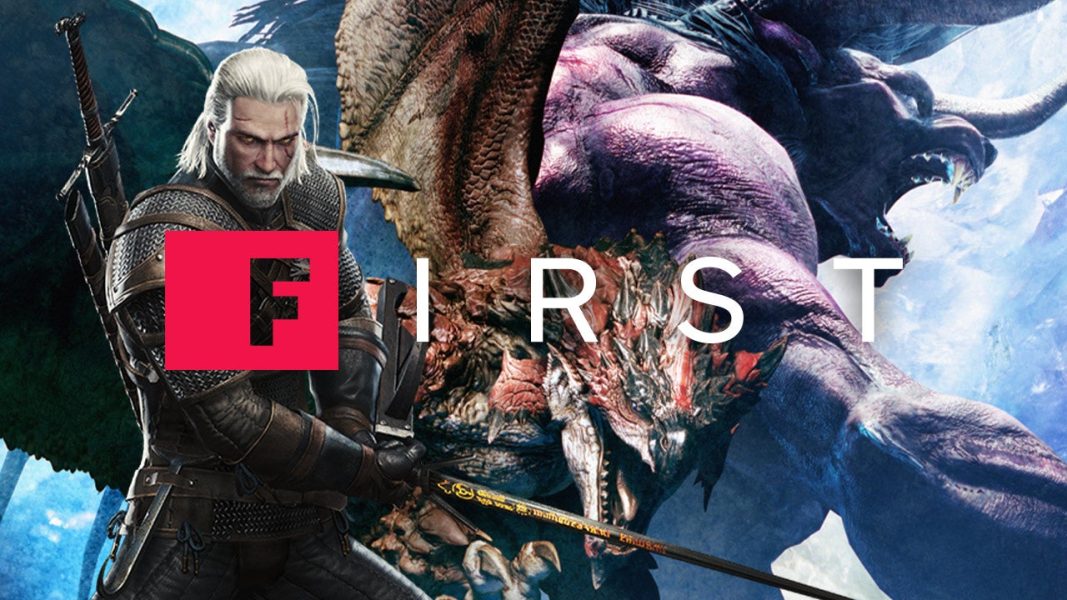Chris Evans Agrees With Anthony Mackie: Being American Is Not Captain’s Defining Trait – ComicBook.com

Chris Evans and Anthony Mackie have a similar understanding of Captain America values, making them both worth of the MCU’s shield.
By Marco Vito OddoDuring the press tour for Captain America: Brave New World, Anthony Mackie sparked controversy by suggesting that “being American” shouldn’t be considered the hero’s defining trait. Instead, the actor emphasized universal values like honor, dignity, and integrity as the character’s core attributes. While some fans have decried this interpretation as unpatriotic, they’re missing something crucial: Chris Evans expressed nearly identical sentiments when he first took on the role of Steve Rogers. This shared understanding between both MCU iterations of Captain America reflects a deeper truth about the character that has been woven throughout his eight-decade history, from his creation as an anti-fascist symbol to his evolution into a hero whose moral compass often puts him at odds with the very nation whose flag he wears.When asked about Captain America’s relationship with the United States, Mackie offered his perspective on the character’s core values. “For me, Captain America represents a lot of different things, and I don’t think the term, you know, ‘America’ should be one of those representations,” Mackie explained. “Like, it’s about a man who keeps his word, who has honor and dignity and integrity, someone who is trustworthy and dependable.” While some interpreted these words as dismissing the character’s patriotic elements, they actually echo sentiments expressed by Chris Evans over a decade ago.In a 2011 interview with CBR, when asked about “being draped in the American flag” for Captain America: The First Avenger, Evans demonstrated remarkable insight into the character’s broader significance. “I’m not trying to get too lost in the American side of it,” Evans stated. “This isn’t a flag-waving movie. It is red, white, and blue, but it just so happens that the character was created in America during wartime when there was a common enemy.” Evans went even further, suggesting “it feels more like he should just be called Captain Good,” explaining that while Cap dresses in the American flag, the character’s creation was rooted in opposing “undeniable evil” rather than promoting nationalism.This parallel between Evans’ and Mackie’s interpretations isn’t coincidental, as it shows both stars did their homework to understand the comic book character. After all, when Joe Simon and Jack Kirby created the character in 1940, they weren’t simply designing a patriotic mascot. They were responding to the rise of fascism in Europe, with Simon specifically choosing Adolf Hitler as the character’s nemesis before America had even entered World War II. The character’s immediate success, selling over a million copies monthly, demonstrated that audiences connected with this mission of opposing tyranny rather than simply celebrating American superiority.Throughout his comic book history, Captain America’s most powerful stories emerged when the character’s moral principles conflicted with government authority. For example, during the 1970s, the comics directly engaged with the Watergate scandal through a storyline where Steve Rogers discovered that the leader of a fascistic organization called the Secret Empire was the President of the United States. This crisis of faith led Rogers to temporarily abandon his Captain America identity, becoming “Nomad, the man without a country.” The storyline marked a crucial evolution in the hero’s portrayal, demonstrating his steadfast loyalty to moral integrity rather than any official institution.This theme has persisted throughout Captain America’s publication history, from his opposition to the Superhuman Registration Act during the “Civil War” arc to numerous confrontations with corrupt officials. These stories consistently show that Captain America’s moral compass points toward justice rather than blind patriotism, often placing him in direct opposition to the very government whose flag he wears. By the 1980s, Rogers had even declined an offer to run for president, recognizing that his role sometimes required standing apart from the government.The Marvel Cinematic Universe has masterfully captured this aspect of the character. Evans’ Steve Rogers defied the government in Captain America: The Winter Soldier when S.H.I.E.L.D. was compromised by HYDRA, and again in Captain America: Civil War when the Sokovia Accords threatened individual freedoms. Similarly, Mackie’s Sam Wilson struggled with what it means to carry the shield in The Falcon and the Winter Soldier, ultimately choosing to fight for universal justice while acknowledging America’s complicated history. Their shared interpretation – focusing on moral integrity over their country – demonstrates why the passing of the shield from Rogers to Wilson works so perfectly within the narrative.When we look at Evans’ and Mackie’s statements side by side, we see two actors who have deeply considered what makes Captain America genuinely heroic. Their understanding reflects decades of comic book storytelling that has shown Captain America’s greatest strength isn’t his loyalty to any nation but his unwavering commitment to doing what’s right, regardless of political pressure or popular opinion. This interpretation doesn’t diminish the character’s American identity but rather elevates it to represent the highest ideals any country could aspire to achieve, a point that both Evans and Mackie clearly understand and articulate in their respective takes on the role.Captain America: Brave New World arrives in theaters on February 14th.Get access to exclusive stories on new releases, movies, shows, comics, anime, games and more!By signing up, you confirm that you have read and agree to the Terms of Use and acknowledge our Privacy Policy.






